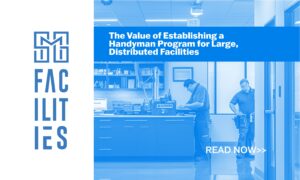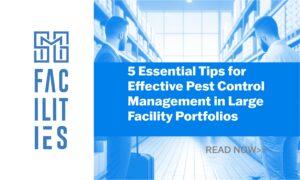In today’s ever changing business landscape, multi-site organizations are recognizing the importance of effective facility management to optimize their operations and mitigate risk. Integrated Facility Management (IFM) has emerged as a comprehensive approach to streamline and harmonize various facility-related processes. In this blog, we will explore what IFM entails and delve into its significant benefits for multi-site operators. From cost savings and enhanced productivity to improved sustainability and customer satisfaction, IFM offers a range of advantages that can positively impact the overall success of an organization.
What is Integrated Facility Management?
Integrated Facility Management is a strategic approach that integrates multiple services and disciplines to ensure the efficient and harmonious functioning of an organization’s physical or built environment. It involves the consolidation and coordination of various facility-related activities, such as maintenance, security, cleaning, space planning, and energy management, among others. By consolidating these services under a single management framework, IFM aims to create synergy, optimize resource allocation, enhance operational effectiveness and mitigate risk.
Benefits of Integrated Facility Management
1. Cost Savings:
One of the primary benefits of IFM is its potential to generate significant cost savings for multi-site operators. By centralizing and streamlining facility-related activities, IFM eliminates redundancies and improves operational efficiency. Through proactive maintenance and asset management, IFM minimizes downtime and extends the lifespan of critical equipment, reducing repair and replacement costs. Furthermore, by leveraging economies of scale, organizations can negotiate better contracts with suppliers and service providers, leading to cost reductions.
2. Enhanced Productivity:
IFM plays a crucial role in enhancing productivity by ensuring that employees have a conducive working environment. Efficient space planning and utilization help optimize the layout and design of offices, promoting collaboration and productivity. Moreover, IFM provides seamless access to essential services, such as IT support and facility maintenance, minimizing disruptions and enabling team members to focus on their core responsibilities. By addressing team member’s needs and ensuring a well-maintained facility, IFM contributes to a more engaged and motivated workforce.
3. Improved Sustainability:
In an era of ESG (environmental, social and governance) and increasing environmental consciousness, organizations are striving to adopt sustainable practices. IFM can significantly contribute to sustainability efforts by implementing energy-efficient technologies, waste reduction strategies, and environmentally friendly practices. By monitoring and optimizing energy consumption, IFM reduces carbon footprints and lowers utility costs. Additionally, proper waste management and recycling initiatives are implemented, minimizing the environmental impact. Embracing sustainability not only benefits the environment but also enhances the organization’s reputation and meets the expectations of socially responsible stakeholders.
4. Effective Risk Management:
IFM incorporates comprehensive risk management practices to ensure the safety and security of facilities, team members, and guests. From implementing robust security systems and protocols to conducting regular safety audits and inspections, IFM mitigates potential risks and safeguards the organization’s assets. By addressing potential hazards and having contingency plans in place, IFM minimizes the likelihood of accidents, emergencies, and business disruptions. This proactive approach to risk management enhances the organization’s resilience and protects its reputation.
5. Customer Satisfaction:
The physical or “built” environment and facilities provided by an organization significantly impact guest experience and satisfaction. IFM focuses on creating a positive and comfortable environment for team members and guests. From clean and well-maintained premises to efficient parking facilities and amenities, IFM ensures a seamless and pleasant experience for all stakeholders. Satisfied guests are more likely to become loyal advocates, resulting in increased brand loyalty and business growth.
Integrated Facility Management offers a holistic approach to optimize facility-related processes, yielding numerous benefits for organizations. From cost savings and enhanced productivity to improved sustainability and customer satisfaction, IFM positively impacts an organization’s operations and overall success. By streamlining services, implementing efficient practices, and proactively managing risks, IFM enables organizations to focus on the core competencies. For more information about how IFM can benefit your organization, visit www.SMGFacilities.com







